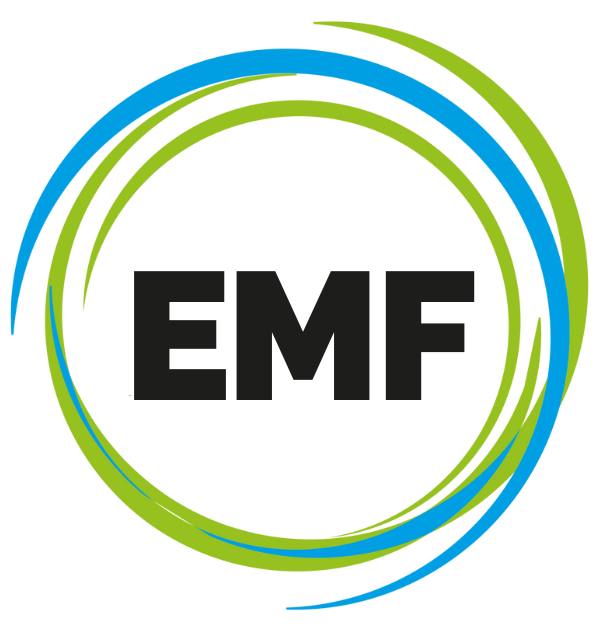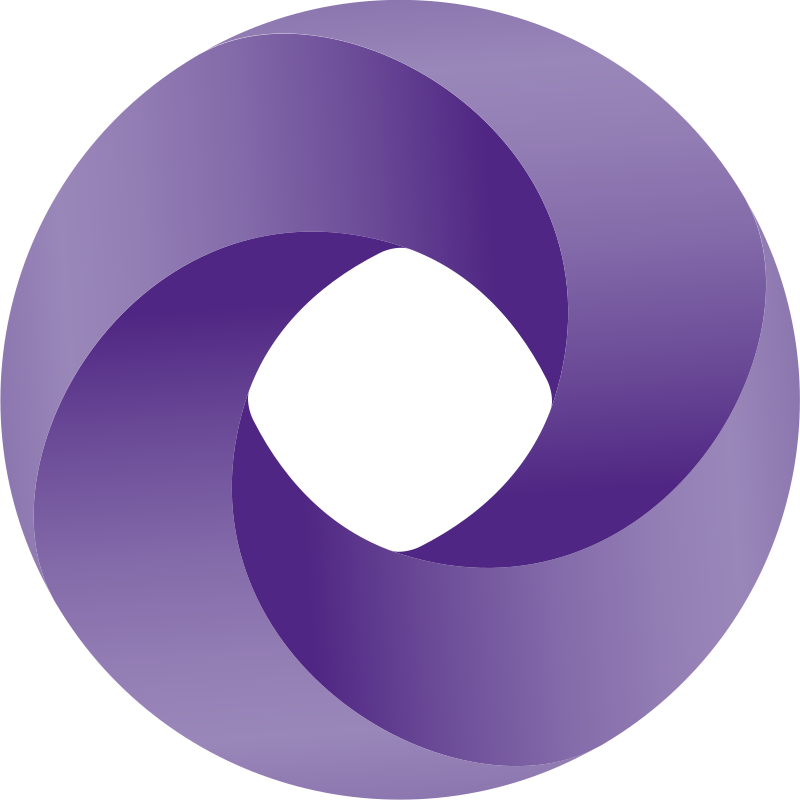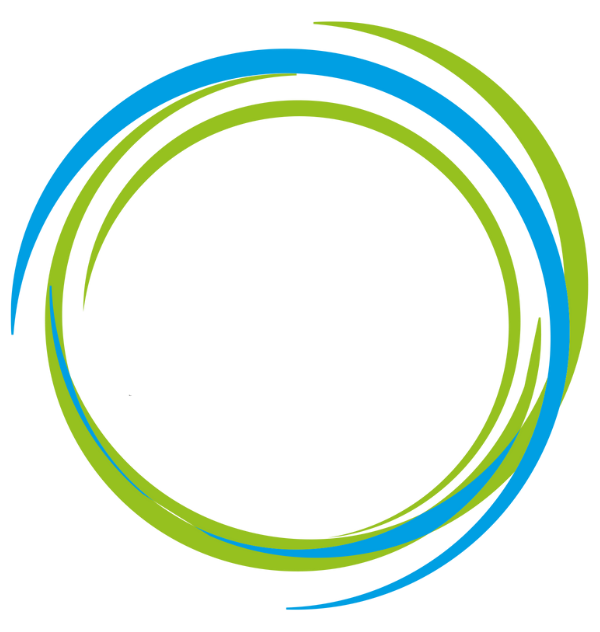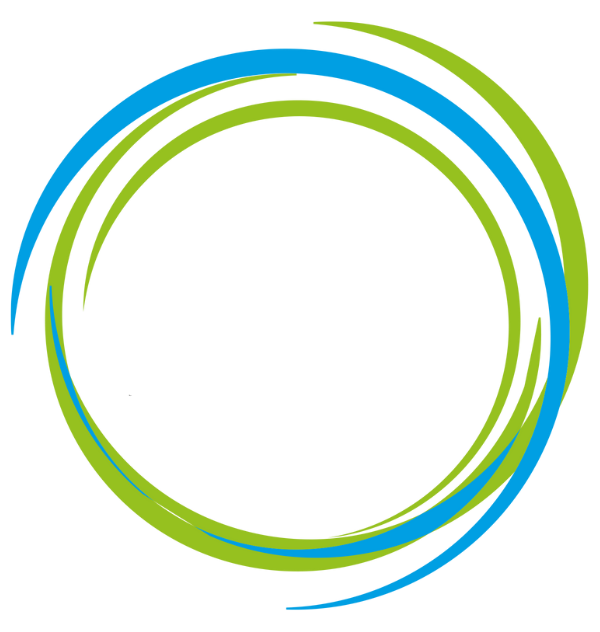IMO-sikkerhedsretningslinjer styrker udviklingen af nuludslipsbrændstoffer.
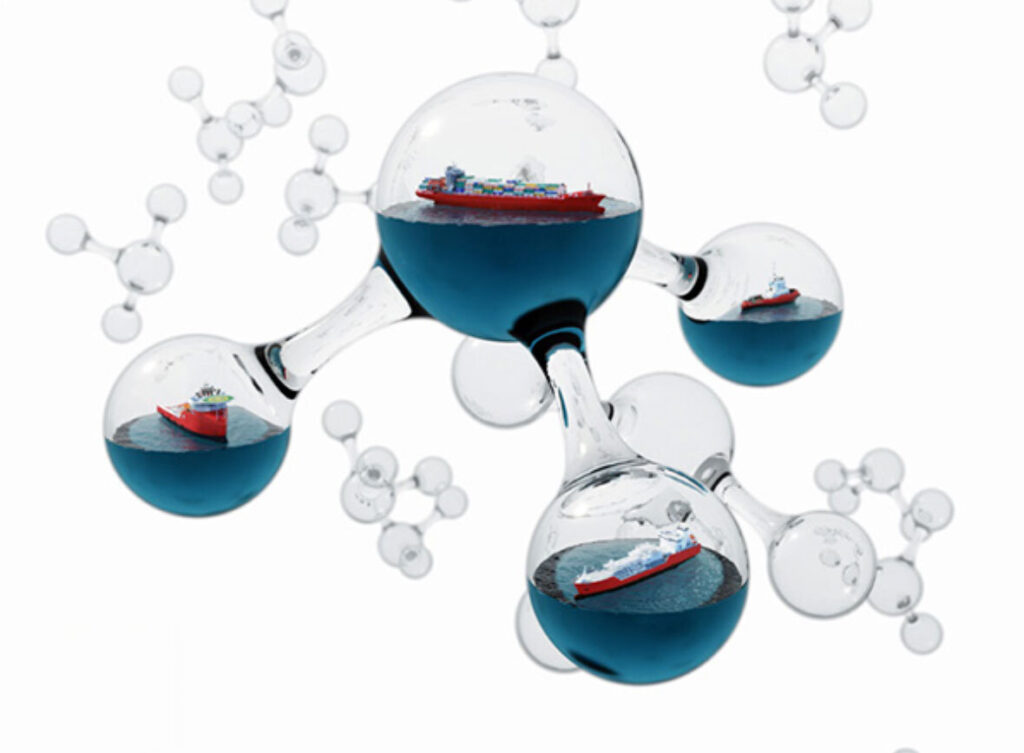
Denmark, Copenhagen – 22 December 2024.
Den Internationale Maritime Organisation (IMO) har gennem sin Maritime Safety Committee vedtaget nye retningslinjer og ophævet restriktioner, der tillader brugen af ammoniak som brændstof til skibe. Dette understøtter industrien i dens omstilling mod dekarbonisering i overensstemmelse med IMO’s mål om netto-nul emissioner i 2050.
Ammoniak, et lovende kulstoffrit brændstof, kan opnå nul-emissioner, hvis det produceres fra grøn brint eller biologisk affald. De nye retningslinjer definerer visse områder af ammoniakdrevne skibe som ”giftige zoner” og fastsætter grænseværdier for ammoniakdetektion.
Derudover tillader ændringer i IGC-koden nu, at ammoniaklast kan bruges som brændstof, forudsat at sikkerhedsstandarderne opfyldes. Disse ændringer – som træder i kraft i juli – markerer et betydeligt skridt i retning af at tage ammoniak i brug som et alternativt skibsbrændstof.
EMF har en nuværende flåde på tre af de største ammoniakskibe (VLAC’er) til levering i 2027.
Source: tradewindsnews.
